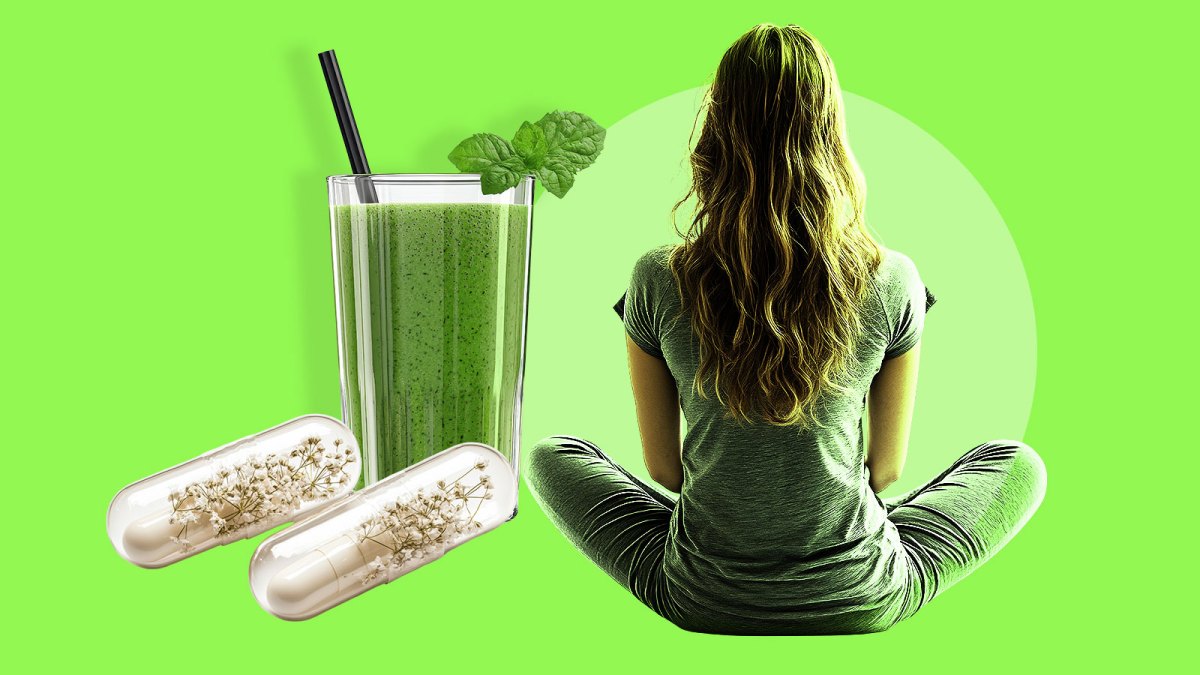Britons are spending nearly £200 a month on viral “miracle cures” as social media creates an obsession with wellness and beauty.
From vitamin supplements to protein shakes, slimming pills to libido-enhancing remedies, a new study suggests that people are spending an average of £2,208 a year on “healthy lifestyle” products in an effort to make themselves feel and look better.
The study, which questioned more than 2,000 people, found that protein shakes were the most widely used remedy, consumed by 21 per cent of the population, followed by clear skin remedies, taken by 20 per cent.
• The truth about ‘immunity boosters’
Collagen pills, which claim to reduce wrinkles and improve skin elasticity, were the next most popular solution, taken by 16 per cent, followed by “immunity-boosting” vitamin tablets, which are used by 15 per cent.
Anti-fatigue remedies, under-eye bag patches, anti-inflammatory pills and “libido-boosting” tablets are also hugely popular and are each taken by more than 10 per cent.
While some of these remedies have scientifically proven benefits, many of the claims ascribed to them, particularly on social media, have limited evidence to support them.
A review of 19 studies on collagen supplements, for example, published in the International Journal of Dermatology, found that they resulted in improvement in the firmness, suppleness, and moisture content of the skin, with wrinkles appearing less noticeable. However, it was unclear whether these benefits were because of the collagen, or other ingredients in the supplements.

Protein shakes were the most popular wellness supplement
GETTY IMAGES
Many on social media claim collagen supplements help hair growth and nail strength, but there is limited credible evidence of this.
The survey, commissioned by Green Chef, a healthy recipe box supplier, found that Generation Z respondents — those aged 18 to 28 — were the most likely to be convinced by what they saw online, with 74 per cent admitting to buying “game-changing” products promoted on social media.
It also found that men spend more than women on “miracle cures”, at an average of £199 a month compared to £169.
Despite spending so much, few people find that the products work. The research found that the average respondent had been impressed by only a quarter of the wellness products they had bought online.
More than half of people admitted to having been scammed when they bought a product, such as by counterfeit pills.

A healthier diet could help people get the benefits promised by wellness supplements
GETTY IMAGES
Most respondents — 93 per cent — agreed that the internet and social media had created an “obsession” with wellness, health and beauty products.
Lily Keeling, a nutritionist, said there were ways to get the health benefits that some supplements offered without buying expensive pills or remedies.
She said: “It can be really overwhelming when we’re faced with so many products that claim to be solutions. We often spend time thinking about what we can remove from our diet, but as a nutritionist, I prefer to focus on the foods you can add into your routine.
“For example, you can maintain a sustained energy release by switching to wholegrains instead of white bread and white pasta, which contain fibre and protein for slow-release energy.”
She added: “If you’re feeling let down with your current routine, perhaps it’s time to switch things up and substitute a lengthy skincare routine for meal prep.”
